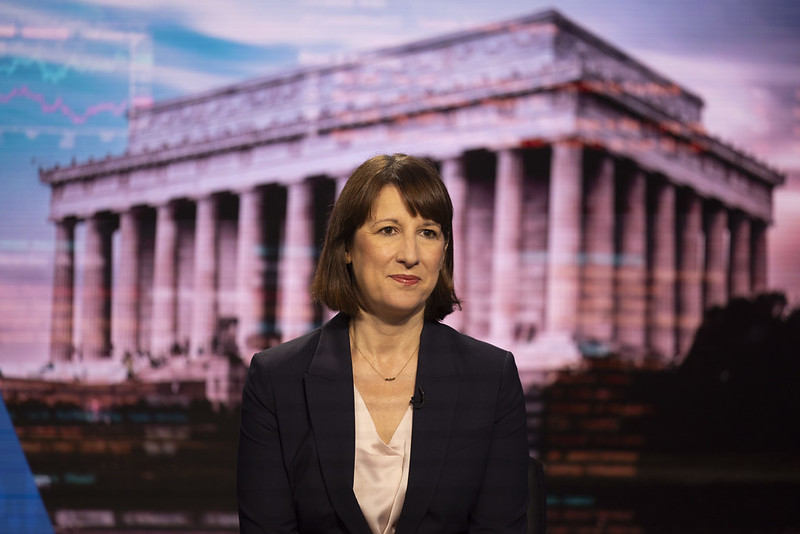
Chancellor Rachel Reeves is considering a new tax on the sale of properties worth over £500,000 as part of wider stamp duty and council tax changes.
Senior ministers, who have been briefed on proposals, have asked officials to look into how a new “proportional” property tax could be implemented and model its impact, the Guardian has reported.
It said that officials will start with examining a potential national property tax, which would look to replace stamp duty on owner-occupied home.
In addition, they will look at whether a local property tax could then replace council tax in the medium term, with the aim of helping local authority finances.
While a national tax could be implemented during this parliament, it is understood that an complete overhaul of the current council tax structure could take a longer period of time.
The new national tax would be paid by owner-occupiers on homes worth more than £500,000 when it goes to sale.
The total sum would vary and be determined by the value of the property based on the rate set by the central government. The government would collect the proceeds via HM Revenue and Customs.
However, it has been said the new tax would not replace stamp duty on second homes.
A range of options are being proposed for its implementation but it is likely to be a phased in approach.
The latest figures show, that stamp duty receipts for April to June this year totalled £4.6bn. In June alone, buyers paid £1.1bn, a 15% increase from the £918m paid in May.
In total, homebuyers paid £6.6bn in Stamp Duty throughout the first six months of the year, a 21% increase on the £5.4bn paid in the same period last year.
Since April this year, buyers had to start paying Stamp Duty on properties purchased over £125,000 – after the nil rate threshold dropped from £250,000 on 1 April.
The Guardian reported that the new proposals would affect around a fifth of property sales, compared with about 60% with current levels of stamp duty.
According to Nationwide’s latest house price index, the average house price in the UK in July was £272,664.
The Guardian also said Treasury officials were partly drawing on the findings of a report from Onward, which was published in August last year.
The Onward report proposed a dual approach of a national and local “proportional property tax” on homes, based on its value.
The report was written by Tim Leunig, who worked as a government adviser for more than a decade.
Leunig said: “These proposals would make it easier and cheaper to move house, for a better job, or to be near family, as well as being fairer. It should not be the case that a terrace house in Burnley pays more than a mansion in Kensington – and it wouldn’t be under these proposals.”
Leunig also proposed a new local annual property levy to replace council tax.
This proposal means residents would no longer pay the tax but instead owners of a property worth up to £500,000 would pat varying rates of tax dependent on the value of their home.
They would pay a minimum of £800 a year and the funds this generates would go directly to local councils.
A spokesperson for the Treasury said: “As set out in the plan for change, the best way to strengthen public finances is by growing the economy — which is our focus. Changes to tax and spend policy are not the only ways of doing this, as seen with our planning reforms, which are expected to grow the economy by £6.8bn and cut borrowing by £3.4bn.
“We are committed to keeping taxes for working people as low as possible, which is why at last autumn’s budget, we protected working people’s payslips and kept our promise not to raise the basic, higher or additional rates of income tax, employee national insurance or VAT.”



